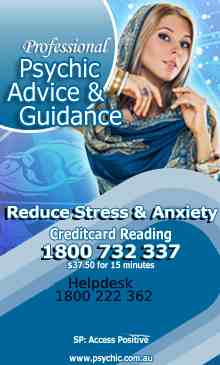Home > Anorexia
What is Anorexia?
Anorexia nervosa, typically called anorexia, is a type of eating disorder that mainly affects girls and young women. A person with this disorder has an intense fear of gaining weight and limits the food they eat. They:
- refuse to keep a normal body weight
- have a low body weight, compared to the healthy weight range for their height and age
- are terrified of becoming fat
- believe that they are fat even when they are extremely thin
- miss three menstrual periods in a row (for girls/women who have started having their periods)
A person with anorexia will have many of these signs:
- Looks very thin
- Tends to use extreme measures to lose weight
- Will intentionally make herself throw up
- Will take pills to urinate or to have a bowel movement
- Will consume diet pills
- Often follows a strict diet or doesn’t eat
- Tends to exercises excessively
- Counts calories or weighs food
- Will have a distorted body/self image
- May wear baggy clothes to hide appearance
- Is often afraid or paranoid about gaining weight
- Tends to weigh herself many times
- May act differently
- Often talks about weight and food
- Will not eat in front of others
- May be depressed or acts moody
- May limit socializing
What can I do to help someone I know that has anorexia:
- Set a time and place to talk
Talk privately about your concerns with your friend. Be open and be honest. Talk in a place where there are no distractions around.
- Tell your friend about your concerns
Talk to your friend about the specific times when you were concerned about her eating or exercise behaviours. Explain in a sensitive and caring manner that you think these things may show a problem that needs professional help.
- Ask your friend to talk about these concerns
Explain to her that she could go and talk to a counsellor or a doctor who is familiar with eating issues. If the atmosphere or conversation remains comfortable, offer to help your friend, perhaps by making an appointment or going with her to her appointment.
- Avoid any conflicts with your friend
If your friend doesn’t admit to a problem, try to explain again how you feel and the reasons for your concerns. Be very supportive and be a good listener.
- Don’t place shame, blame, or guilt on your friend
Do not use harsh accusatory statements like, “You just need to eat.” Or, “You are acting irresponsibly.” Instead, use “I” statements like, “I’m concerned about you because you refuse to eat breakfast or lunch.” Or, “It makes me afraid to hear you vomiting.”
- Avoid giving simple solutions
Don’t say, "If you'd just stop, then everything would be fine!" Recovering may be a long and difficult process, try to be supportive and optimistic all the way, but do not give her false hopes.
- Express your continued support
Always remember to remind your friend that you care and that you want her to be healthy and happy. Be there for her always.
Can medication help victims of Anorexia?
New evidence indicates that there is currently no medication that effectively helps in the treatment of Anorexia Nevosa. The US Department of Health & Human Services released a report on the 17th of April 2006 that discusses findings regarding the tretment of Anorexia Nervosa. Please read an abstract of this report by clicking the following link: No Effective Medications for Anorexia Nervosa.

